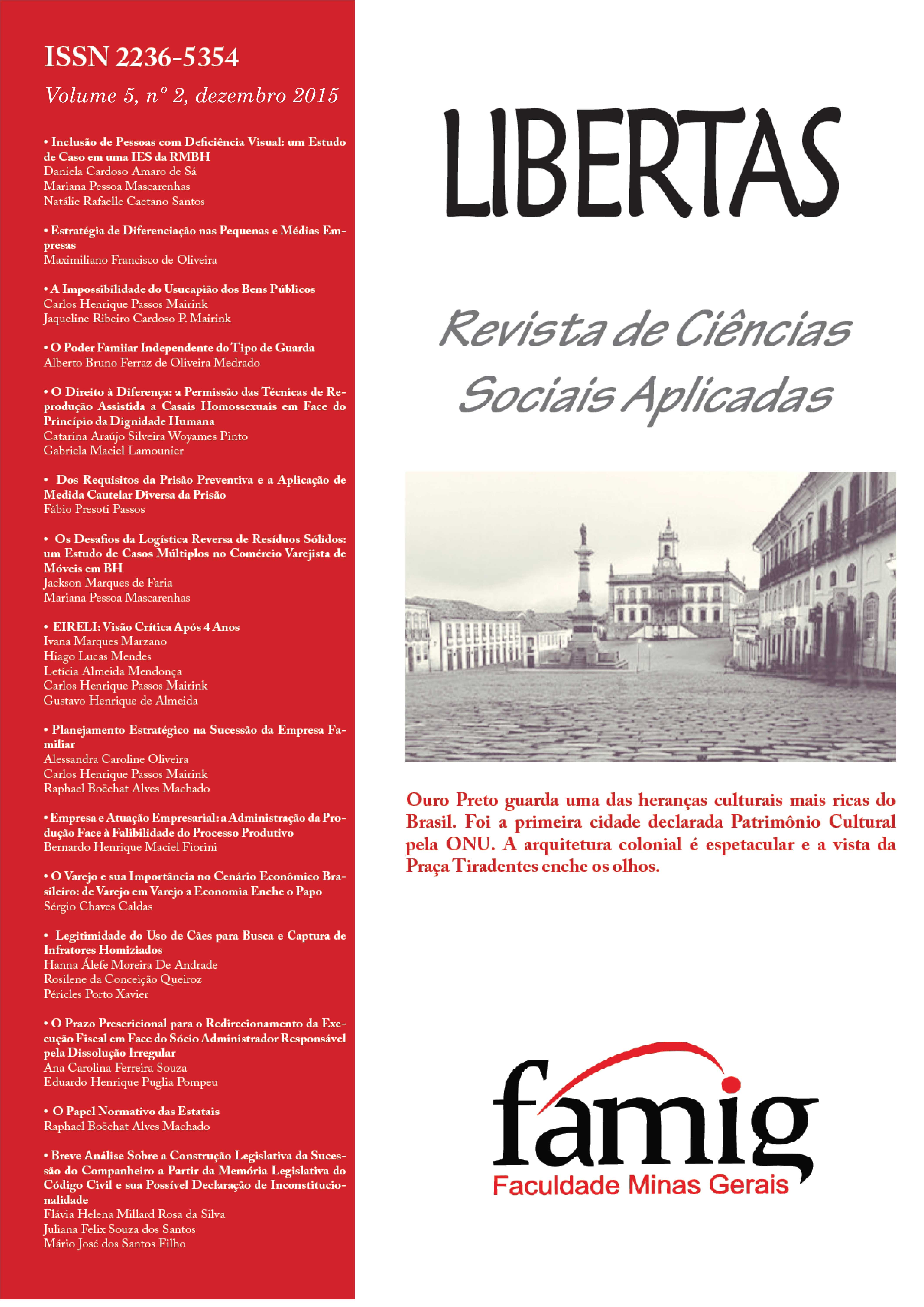The (IN)VALIDITY AND (IN)EFFECTIVENESS OF THE DATING CONTRACT
Keywords:
Dating contract, Stable union, Private autonomy, Validity, EffectivenessAbstract
The scope of this article was to examine the course of the dating contract by Escada Ponteana. In this sense, we sought to investigate whether this legal business is valid and effective, that is, whether is possible for a couple to agree to express the desire to maintain only one courtship, manifesting the intention not to constitute a family through a stable union. To achieve the goal, it was essential to trace the main differences between the stable union and dating institutes. In addition, it was necessary to reflect on the characteristics that mark the liquid-modern society, in line with the theories elaborated by Zygmunt Bauman. Subsequently, consideration was given to the current of thought Minimum Family Law, in the light of the principles that guide Contractual Law and Family Law, especially private autonomy, freedom, objective good faith and the dignity of the human person. Then, an existing instrument in Comparative Law was examined, analogous to the dating contract, namely, the
agreement of joint intent not to have a common law marriage. In the end, the reflexive analyzes allowed the conclusion that the dating contract is a valid and effective legal business as long as it mirrors the reality experienced by the celebrant couple and their behavior doesn’t imply the fulfillment of the necessary requirements for the characterization of the stable union, provided for the article 1.723 of the Civil Code, which has cogent force.





